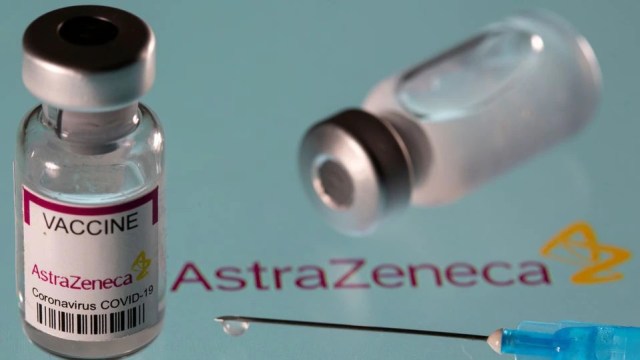
Canada and México imported millions of doses of AstraZeneca’s COVID-19 vaccine and offered them to the public without health officials properly inspecting the operations of the U.S. manufacturer, according to inspection records and the regulators involved.
By Reuters – Allison Martell, Carl O’donnell and Cassandra Garrison
Jul 29, 2021
The Baltimore plant belonging to Emergent BioSolutions Inc (EBS.N) was producing vaccines for both AstraZeneca Plc (AZN.L) and Johnson & Johnson (JNJ.N) under a $628 million U.S. government contract.
In late March, under pressure to help other nations access COVID-19 vaccines, the Biden administration released 1.5 million AstraZeneca doses to Canada, and 2.5 million to México.
European regulators had certified Emergent’s factory as complying with “good manufacturing practices,” and on that basis both Canada and Mexico began using the vaccine, regulators in both countries told Reuters.
But the European Medicines Agency (EMA) told Reuters that the certification was based on a remote inspection that focused on a part of the facility that was not actually producing the AstraZeneca shots – a fact that has not been previously reported.
The U.S. Food and Drug Administration halted production at the factory three weeks later, after J&J’s vaccine was found to be contaminated with material used in the AstraZeneca shots.
FDA inspectors later documented unsanitary conditions and poorly-trained staff at the plant, which had been rapidly overhauled to make vaccines during the pandemic. Production remains halted, with tens of millions of doses of both vaccines in regulatory limbo.
No reports of illness have been linked to vaccines manufactured by Emergent, and regulators have not alleged that contaminated vaccines were given to anyone. Emergent said there has been no evidence of contamination in the AstraZeneca shots produced at its site.
“It’s a risk, because who knows what the standards are that are being applied?” said Joel Lexchin, a Canadian professor and expert in drug regulation. Health Canada typically relies heavily on foreign regulators, he said. “It’s a gap that exists outside of crisis times.”
Emergent said in a statement that it “has worked with health officials around the world to ensure any vaccine drug substance we manufactured meets strict safety and quality requirements before being released.”
AstraZeneca said vaccines manufactured by Emergent were subject to more than 40 tests to meet its requirements for safety, purity and quality, and that its manufacturing standards “are rigorously assessed and independently verified by regulators.”
Health Canada told Reuters it is confident the vaccines it received were safe, pointing in part to AstraZeneca’s quality control systems. Mexico health regulator COFEPRIS said it remains “confident that the approval process was carried out with all the necessary rigor.”
Canada signed deals to formally recognize some other regulators’ certifications as early as 2003, and the United States and Europe reached similar deals in 2019.
A European Inspection
Early in the vaccine rollout, the European Union was due to receive doses of the J&J vaccine made by Emergent. In early February, Italian officials conducted a remote inspection of the plant that only focused on areas where J&J production was taking place “and not the AstraZeneca vaccine, which was not manufactured at Emergent for the EU market,” EMA said in a statement.
…
Read More: Reuters – AstraZeneca vaccine shipped to Canada, Mexico before adequate plant inspections
…

